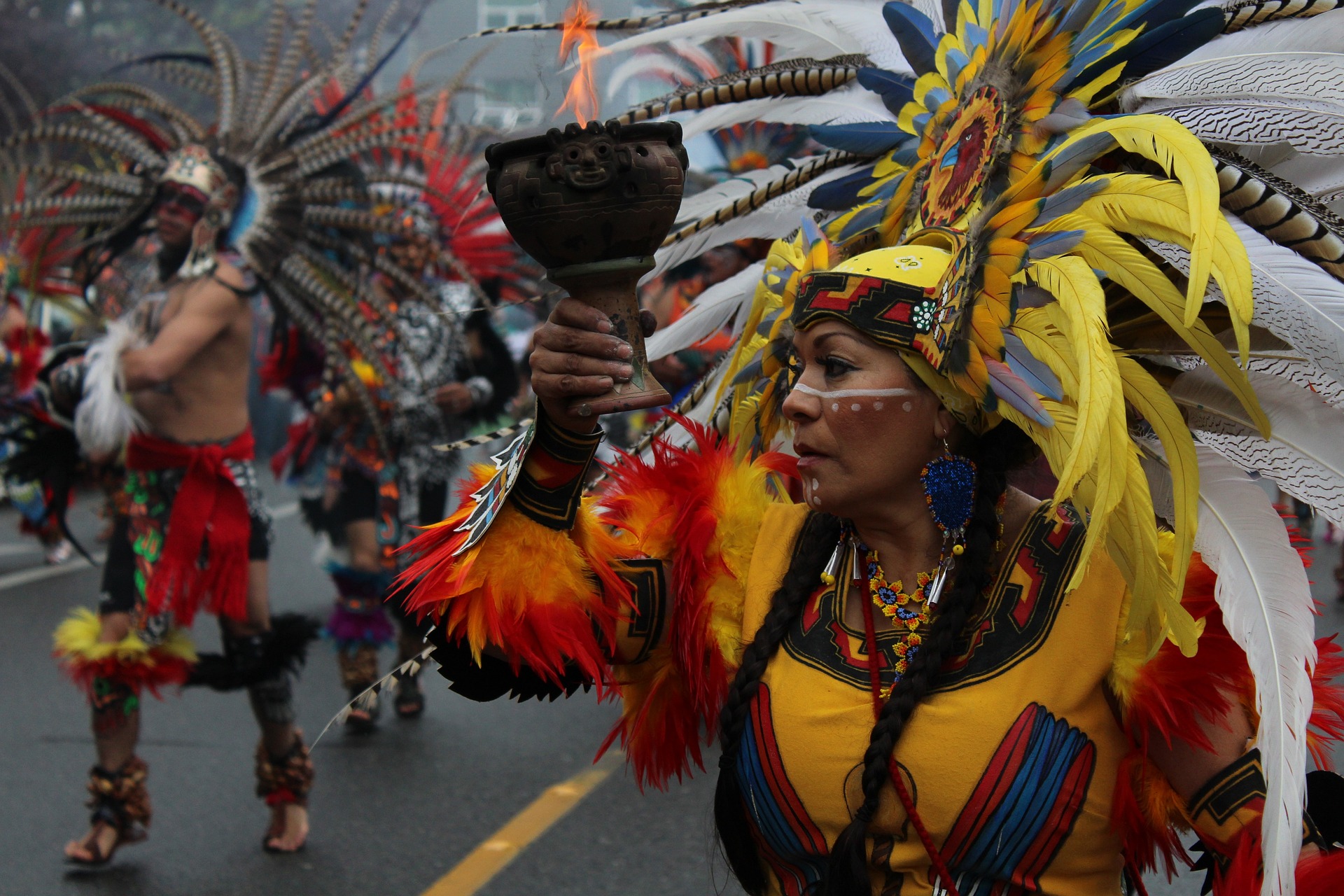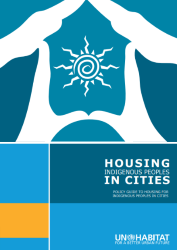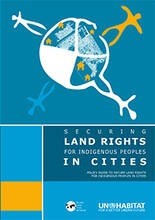Indigenous People
Indigenous People

About
Despite the widespread assumption that indigenous peoples live overwhelmingly in rural territories, they are increasingly migrating to urban areas, both voluntarily and involuntarily.
Although indigenous people who migrate to urban areas can adapt and improve their living conditions without loss of cultural identity, the majority is subject to discrimination, and often do not enjoy basic rights, being subjected to limited access to health services, inadequate housing and unemployment. Despite the formal recognition of the right to adequate housing for indigenous peoples under international human rights law, (e.g. Universal Declaration of Human Rights; International Covenant on Economic, Social, and Cultural Rights; United Nations Declaration on the Rights of Indigenous Peoples), the Special Rapporteur on the Right to Adequate Housing points out that ‘[indigenous people] are rarely provided an opportunity to design and implement their own housing policies and programmes and are excluded from decision-making processes’. The result is that Indigenous peoples are more likely to suffer inadequate housing and negative health outcomes as a result. They have disproportionately high rates of homelessness and they are extremely vulnerable to forced evictions, land-grabbing and the effects of climate change.
Indigenous peoples also lack access to information about available services and do not participate in the planning and managing of those services. Finally, sustaining language, identity and culture, and passing it on to their younger generation is a challenge. Hence, the risk of loss of indigenous heritage is increasingly high.
Indigenous People and the New Urban Agenda
To ensure the realisation of the NUA’s vision of cities for all, which are inclusive and “ensure that all inhabitants, of present and future generations, without discrimination of any kind, are able to inhabit and produce just, safe, healthy, accessible, affordable, resilient and sustainable cities [..] to foster prosperity and quality of life”, indigenous peoples and communities need to be included in all decision-making processes. It is also crucial to understand and recognize the diversity within indigenous peoples and adopting an intersectional approach to development.
The NUA also “[recognised] the need to give particular attention to addressing discrimination faced by indigenous peoples” and commits “to promoting equitable and affordable access to sustainable basic physical and social infrastructure for all, without discrimination, including affordable serviced land [and] housing”.
Housing Indigenous Peoples in Cities: Urban Policy Guides for Indigenous Peoples
Worldwide, the majority of indigenous peoples still live in rural areas. However, the numbers of indigenous peoples living in urban areas is on the increase worldwide. Migration of indigenous peoples to urban areas can happen for positive reasons, such as improved educational or employment prospects, and availability of various services in cities. Migration for work opportunities has become an important way out of poverty for some indigenous peoples. However, in most cases, the root causes of this migration are related to human rights violations on their home territories, physical insecurity in conflict areas. Government officials, housing providers, indigenous peoples and civil society as a whole have a responsibility to ensure that housing policies and programmes recognize and address the current housing conditions of indigenous peoples in a manner that respects their cultures, histories and rights.
The development and implementation of housing policies based on international human rights is essential to the improvement of the housing and living conditions of indigenous peoples across the world. This policy guide is designed to assist with this challenge.
Report on the right to adequate housing of Indigenous Peoples
This report finds that housing conditions for indigenous peoples around the world are overwhelmingly abhorrent and too often violate the right to adequate housing, depriving them of their right to live in security and dignity. Indigenous peoples face significant barriers to their enjoyment of the right to housing compared with non-indigenous peoples. They are more likely to:
- suffer inadequate housing and negative health outcomes,
- have disproportionately high rates of homelessness, and
- experience forced evictions, land-grabbing and the effects of climate change.
- When they defend their rights, they are often the targets of extreme violence.
The report contains guidance for States, indigenous authorities and other actors on how to ensure that their obligations under international human rights law regarding the right to housing are met in conformity with the United Nations Declaration on the Rights of Indigenous Peoples.
UN Habitat – Securing land rights for indigenous peoples in cities
This policy guide provides policy-makers with the necessary knowledge about the challenges and rights of Indigenous peoples in relation to land and property in the urban context. The guide sets out how to secure land rights of Indigenous peoples in cities through a human rights framework in the context of urbanization, including migration and urban expansion.
Featured resource
Cultural Survival partners with Indigenous media producers who are amplifying Indigenous voices on issues that matter to their communities. Radio’s universal and free nature and its ability to access many remote communities makes it a key medium to reach Indigenous audiences. Indigenous-produced programming strengthens Indigenous Peoples’ capacity to claim their rights and enables access to essential information and broadcasting in Indigenous languages that ensures widespread understanding and cultural continuity.

